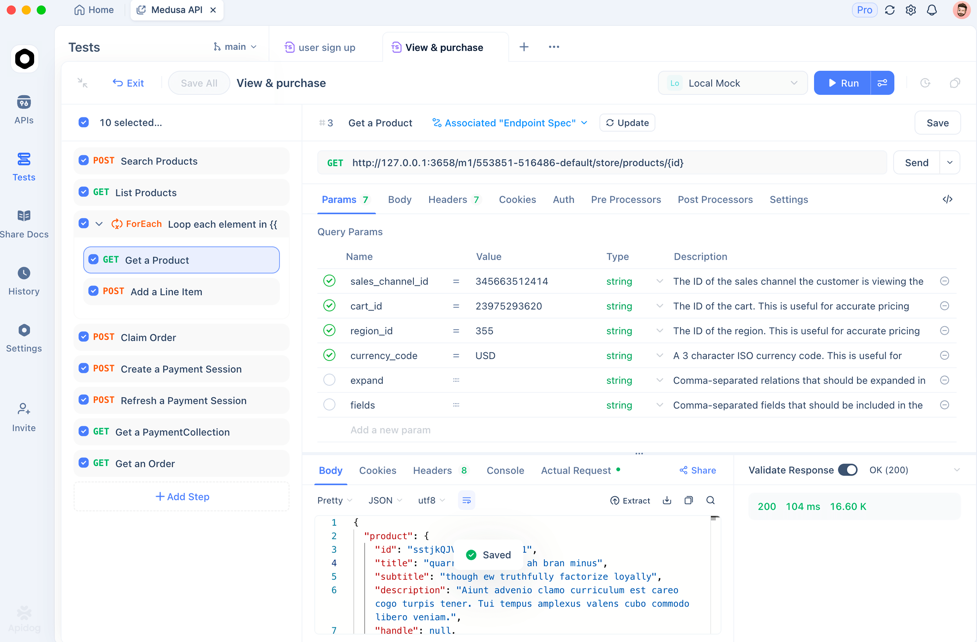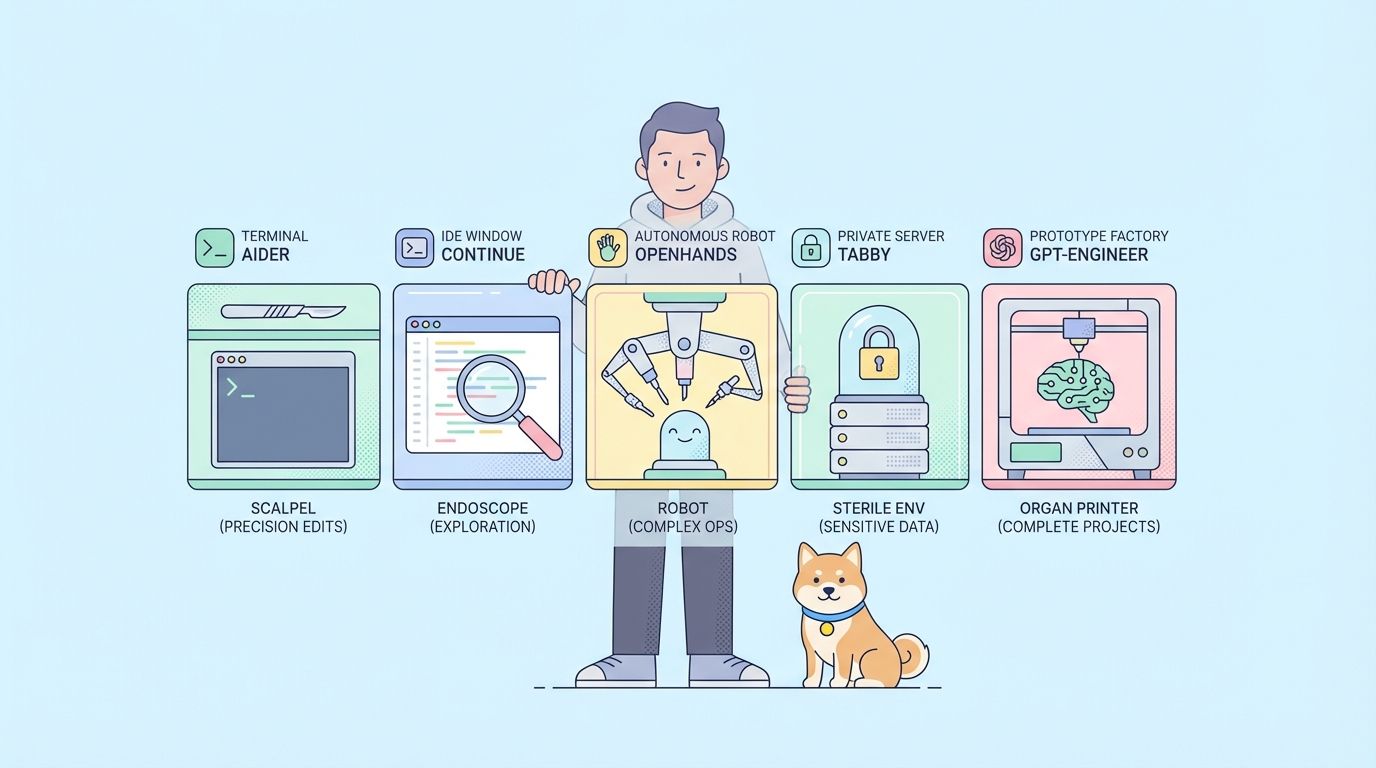Modern software teams ship faster than ever, but speed without quality creates expensive problems. Bugs escape to production, security issues go unnoticed, and technical debt quietly piles up. That’s where AI Code Review and modern AI Code Review Tools earn their place in a developer’s workflow.
This guide breaks down what AI-powered code review looks like in 2026, how it differs from traditional approaches, and which tools are worth your time. The focus is practical: tools that integrate into real CI/CD pipelines, understand modern stacks, and provide actionable feedback and not vague suggestions.
What Is a Code Review Tool and Why Use One?
A code review tool analyzes source code to identify issues before it’s merged or deployed. Traditionally, this meant manual pull request reviews and static analysis rules. In 2026, AI has changed the equation.
Modern AI code review tools can:
- Detect bugs, anti-patterns, and logic errors
- Identify security vulnerabilities and insecure code paths
- Enforce coding standards consistently
- Provide contextual suggestions inside pull requests
- Learn from your codebase over time
For teams working with distributed systems, microservices, and APIs, manual review alone doesn’t scale. AI-assisted reviews act as a second set of eyes that never get tired and never skip steps.
The result: fewer regressions, cleaner diffs, and faster review cycles—without replacing human judgment.
What Makes a Good AI Code Review Tool?
Not all AI code review tools are created equal. Some are glorified linters with an AI label. Others provide deep, context-aware insights. Here’s what actually matters.
- Context Awareness: A good tool understands your repository, not just isolated files. It should reason about code flow, dependencies, and architectural patterns.
- Signal Over Noise: Developers ignore tools that spam warnings. High-quality AI code review focuses on high-impact issues and explains why something matters.
- CI/CD and VCS Integration: Native support for GitHub, GitLab, Bitbucket, and CI pipelines is non-negotiable. Feedback should appear where developers already work.
- Security and Quality Coverage
The best tools cover:
- Code quality
- Security vulnerabilities
- Maintainability
- Performance risks
5. Customization: Every team has different standards. Strong AI code review tools allow rule configuration, suppression, and policy tuning.
Top 10 AI Code Review Tools in 2026
Below are the top 10 AI code review tools developers rely on in 2026, based on real-world usage, feature depth, and integration quality.
1. GitHub Copilot
AI-powered assistant built into GitHub for code suggestions and reviews

While traditionally known as an AI pair programmer, GitHub Copilot has evolved into a credible AI code review tool in its own right, especially for teams already embedded in the GitHub ecosystem. Copilot can analyze pull requests and generate inline review comments, apply suggested changes, and integrate with static analysis tools like CodeQL and ESLint to boost accuracy.
Key Features
- Pull Request Code Reviews
- Context-Aware Feedback
- Custom Instructions
- Integration with Static Analysis
Pricing
Copilot’s code review capabilities are part of GitHub Copilot’s premium plans (Pro, Pro+, Business, Enterprise). Organizations can also enable Copilot code review for members without individual licenses via admin policy settings.
Best for: GitHub-centric teams who want an AI reviewer that lives where their code already lives and augments human review with contextual insights.
2. CodeRabbit
Best for AI-driven pull request reviews

CodeRabbit focuses on conversational, pull-request-based reviews. It behaves like a senior engineer commenting directly on your diffs.
Key Features
- AI-generated PR comments with reasoning
- Contextual explanations for suggested changes
- GitHub and GitLab integration
- Learns from repository patterns over time
Pricing
- Free tier for small repositories
- Paid plans based on repository size and usage
CodeRabbit is particularly effective for teams that want human-like feedback without replacing their existing review process.
3. SonarQube
Best for deep static analysis at scale

SonarQube remains a backbone tool for many enterprise teams. While not purely AI-native, its newer AI-assisted rules make it relevant in 2026.
Key Features
- Advanced static code analysis
- Technical debt tracking
- Security hotspot detection
- Self-hosted and cloud options
Pricing
- Community edition (free)
- Commercial plans for larger teams and enterprises
SonarQube excels when consistency and governance matter.
4. Codacy
Best for automated quality gates

Codacy blends static analysis with AI-driven insights, focusing on code quality and maintainability.
Key Features
- Automated PR checks
- Coverage and duplication analysis
- Supports multiple languages
- Quality gates for merges
Pricing
- Free for open-source
- Tiered pricing for teams
Codacy fits well into CI pipelines where code quality metrics directly affect merge decisions.
5. Snyk Code
Best for security-focused AI code review

Snyk Code specializes in finding security vulnerabilities at the code level, using AI to trace insecure data flows.
Key Features
- Real-time vulnerability detection
- IDE and CI/CD integration
- Contextual remediation advice
- Strong support for modern frameworks
Pricing
- Free tier with limits
- Paid plans for teams and enterprises
If application security is a priority, Snyk Code is hard to ignore.
6. Greta
Best for fast, social-style code feedback

Greta approaches AI code review with a lightweight, developer-friendly model, often used in fast-moving teams.
Key Features
- AI-generated code comments
- Pull request summaries
- GitHub-native workflow
- Minimal configuration
Pricing
- Free tier
- Usage-based paid plans
Greta works well for startups and small teams that want fast feedback without heavy setup.
7. CodeScene
Best for understanding code health over time

CodeScene focuses less on individual PRs and more on long-term codebase health.
Key Features
- Behavioral code analysis
- Hotspot detection
- Technical debt visualization
- Team productivity insights
Pricing
- Free trial
- Commercial licenses for teams
This tool shines when refactoring and maintainability decisions matter.
8. Amazon CodeGuru Reviewer
Best for AWS-native teams

CodeGuru Reviewer uses machine learning trained on Amazon’s internal codebases.
Key Features
- Automated code reviews for Java and Python
- AWS service integration
- Performance and security insights
- CI integration with AWS pipelines
Pricing
- Pay-as-you-go via AWS
For teams already deep in AWS, CodeGuru fits naturally.
9. Graphite
Best for improving pull request workflow

Graphite focuses on the process around code review rather than deep static analysis.
Key Features
- Stacked pull requests
- Review automation
- GitHub-native experience
- Developer productivity tooling
Pricing
- Free tier
- Paid plans for teams
Graphite complements AI code review tools by making reviews faster and more manageable.
10. Qodo (CodiumAI)
Best for AI-assisted code reasoning

Qodo emphasizes understanding and improving code logic through AI explanations and suggestions.
Key Features
- AI-generated test suggestions
- Code explanations
- IDE integrations
- Strong support for complex logic
Pricing
- Free tier
- Pro plans for teams
Qodo is particularly useful when onboarding new developers or working with complex domains.
Where Apidog Fits for API-Focused Teams
While AI code review tools focus on source code, API behavior often slips through reviews. This is where Apidog fits naturally into a developer workflow.
Apidog helps teams working with API endpoints by:
- Testing APIs during development
- Generating API test cases automatically
- Performing API contract testing to catch breaking changes early
When paired with AI code review tools, Apidog closes the gap between code correctness and API reliability. You can get started with Apidog for free, making it easy to integrate into existing pipelines.

How to Choose the Right AI Code Review Tool
Choosing an AI code review tool depends on your team’s priorities.
Ask These Questions:
- Is code quality or security the main concern?
Tools like SonarQube and Snyk Code specialize deeply here. - Do you want conversational PR feedback?
CodeRabbit and Greta shine in this area. - Are you optimizing for long-term maintainability?
CodeScene provides insights beyond individual commits. - Is your stack cloud-specific?
AWS-heavy teams benefit from CodeGuru Reviewer. - Do you work heavily with APIs?
Pair AI code review with Apidog to validate API behavior and contracts.
The best setup often combines one AI code review tool with focused testing tools rather than relying on a single platform.
Frequently Asked Questions
Q1. Are AI code review tools replacing human reviewers?
No. AI code review tools assist developers by catching common issues early, but architectural decisions and nuanced logic still require human judgment.
Q2. Can AI code review tools understand business logic?
They can identify patterns and anomalies, but they don’t fully understand business intent. Clear tests and documentation still matter.
Q3. Do AI code review tools slow down CI pipelines?
Most modern tools are optimized for incremental analysis and add minimal overhead when properly configured.
Q4. Are these tools safe for private repositories?
Yes. Most enterprise-grade tools offer strict data handling policies, self-hosted options, or private cloud deployments.
Q5. Should API teams rely only on code review?
No. Code review should be combined with API testing and contract validation tools like Apidog to ensure runtime correctness.
Conclusion
AI Code Review in 2026 is no longer optional for teams shipping production software at speed. The right AI Code Review Tools reduce bugs, improve security, and keep codebases maintainable without slowing developers down.
Each tool in this list serves a different need, from conversational pull request reviews to deep security analysis. For teams building and maintaining APIs, pairing AI code review with tools like Apidog ensures both code and API behavior stay reliable. Download Apidog for free and make API testing part of your everyday development workflow.



